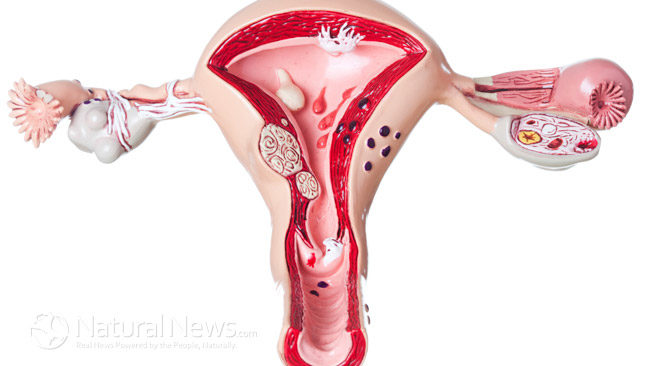What is insulin?
Insulin is an important hormone in the body. Your body is made up of trillions of little cells. Each cell requires its own source of energy to function properly. You give your cells energy by eating food. This food that you ingest needs to be broken down into smaller molecules called glucose (a natural sugar). The pancreas is a large gland behind the stomach that releases the hormone insulin. With a perfect amount of insulin the body is able to break down the food that you eat into useable energy for the cells.
Insulin Resistance
So, you eat a healthy meal. Your pancreas kicks into gear producing insulin, the next step of the digestion process is for your body to pick up the insulin and use it to break down the carbohydrate molecules in the body into useable glucose. You should feel great! Except, you feel AWFUL! After eating, when you should be feeling energetic, you feel tired and irritable. Instead of being ready to face the day, you are debilitated by severe headaches. You are often dizzy and have noticed even your bruises take a long time to heal. After consulting your doctor, you find out that you are insulin resistant. This means that although your pancreas is working well, insulin is being produced, your body tissues can’t use it and the large carbohydrate molecules aren’t broken down.
Symptoms of Insulin Resistance
Although there are no noticeable symptoms from insulin resistance there is scientific evidence that proves that insulin resistance leads to polycystic ovary syndrome (or PCOS for short), the symptoms mentioned in the above paragraph are indicative of PCOS caused by insulin resistance. Polycystic ovary syndrome is an endocrine disorder that is characterized by moderate enlargement of ovarian sacs. These sacs (also referred to as cysts due to fluid accumulation) are usually diagnosed via imaging studies. This syndrome is has also been associated with infertility in women.
Symptoms of PCOS
Some of the symptoms of PCOS include:
- Irregular periods
- High levels of androgen hormones (this causes hirsutism which is abnormal facial hair growth, acne and male pattern baldness)
- Polycystic ovaries (large fluid filled sacs found on the ovaries)
- Frequent yeast infections
- Weight gain
- Mood changes
- Insomnia
- Dizziness
- Tiredness/fatigue
Treatment for PCOS
Although there are medical treatments available, most of them are accompanied by serious side effects. Suffering from PCOS is pain enough the last thing you need is more anguish. Be sure you ask your medical professional to thoroughly explain the side effects of each medication if you decide to take them.
Alternatively, a more effective method that is gaining popularity among PCOS sufferers is a natural and holistic solution. Although you can do a lot of research, purchase a lot of different products, read a lot of personal stories and blogs of women who are on the same journey as you, there is a fantastic website that has done it all for you. http://detoxscientific.com/pcos-diet/ is a complete collection of the science behind PCOS, the personal support, success stories of women who have used natural methods for treatment and best of all, a program that will help you balance your hormones to restore your healthy, happy self. Visit this site today, you will not be disappointed.
Source:
http://detoxscientific.com/pcos-diet/





